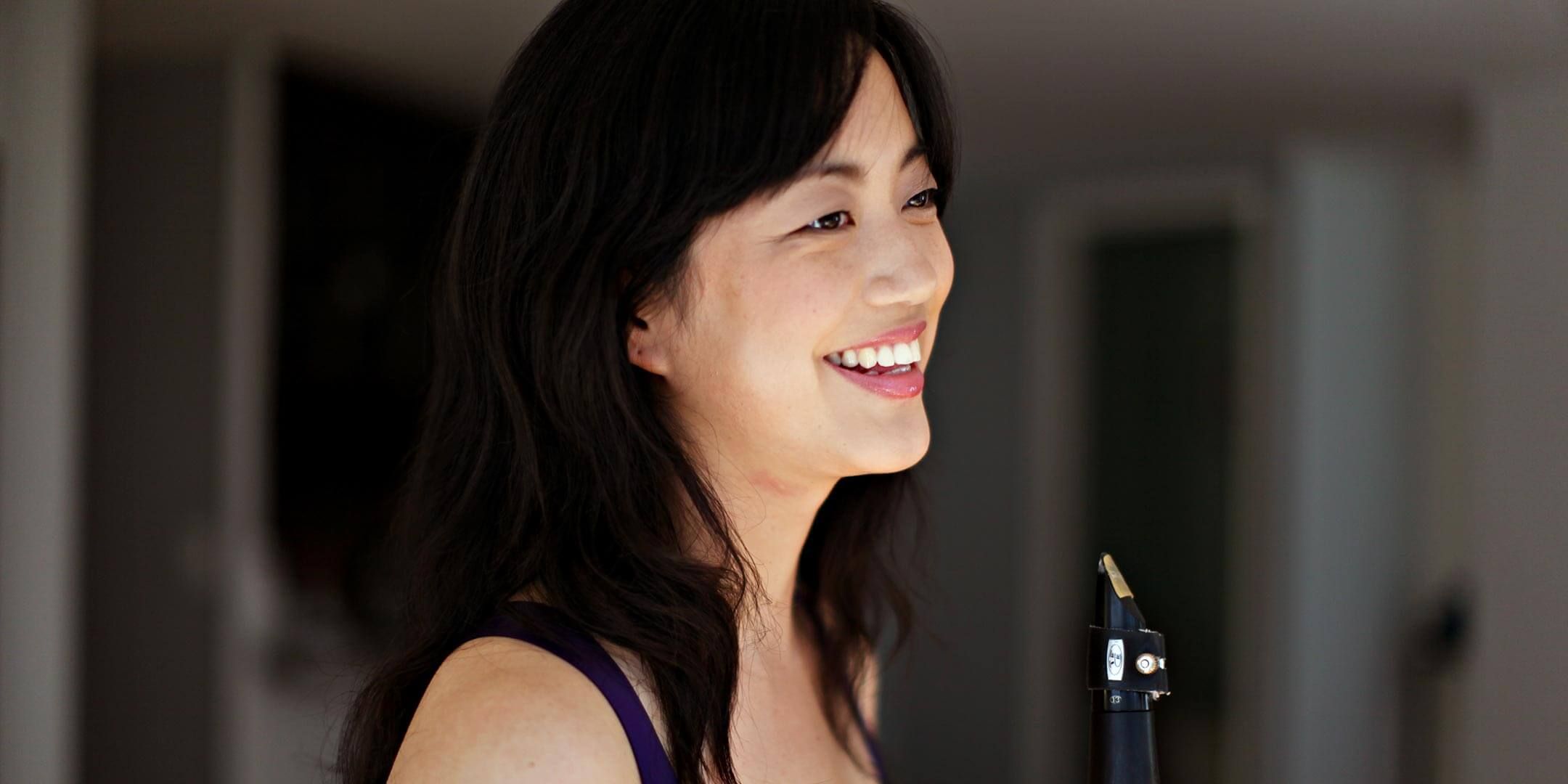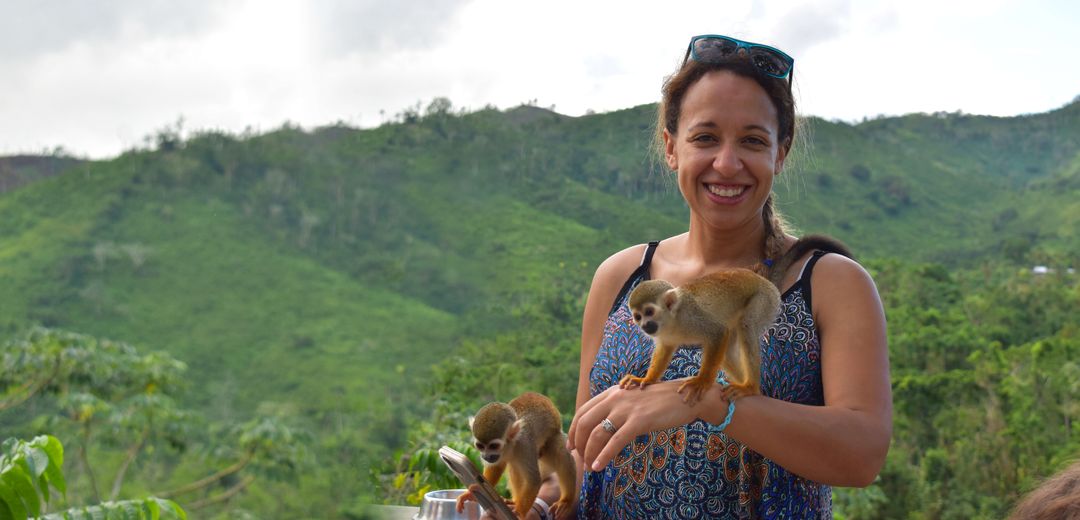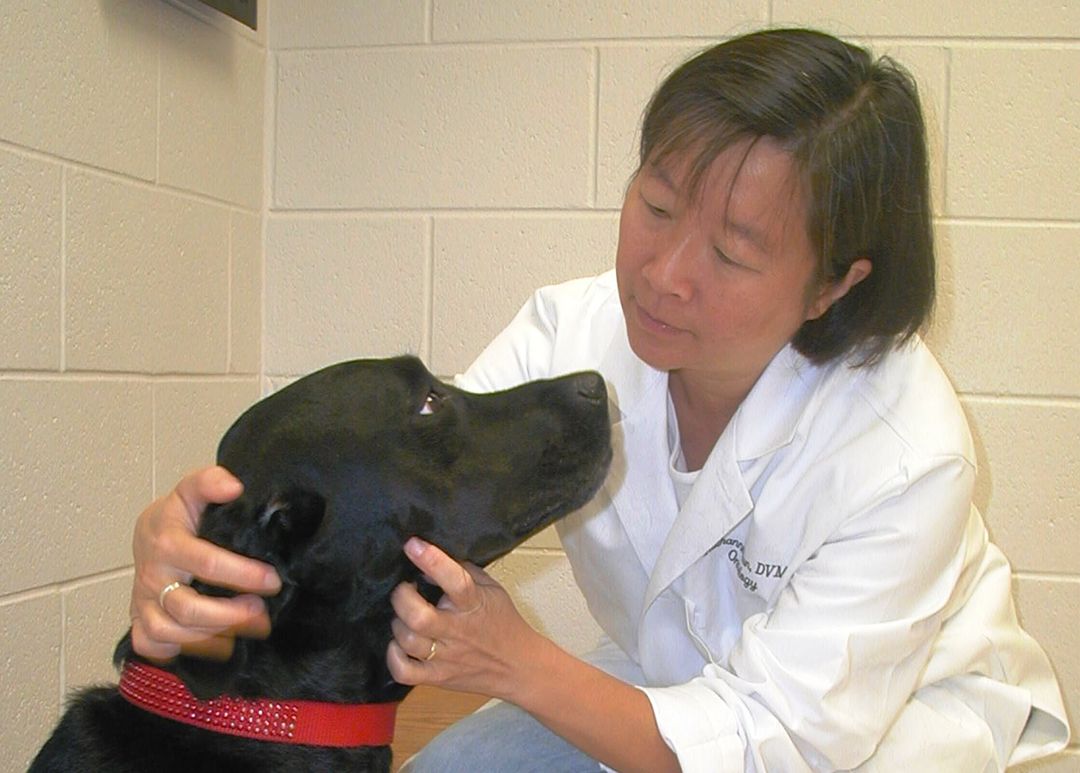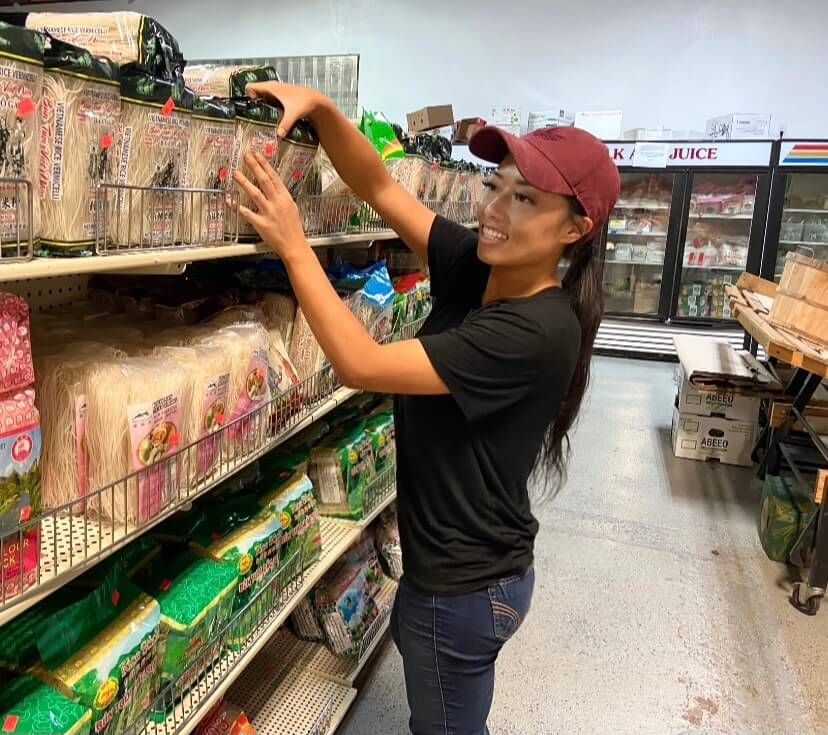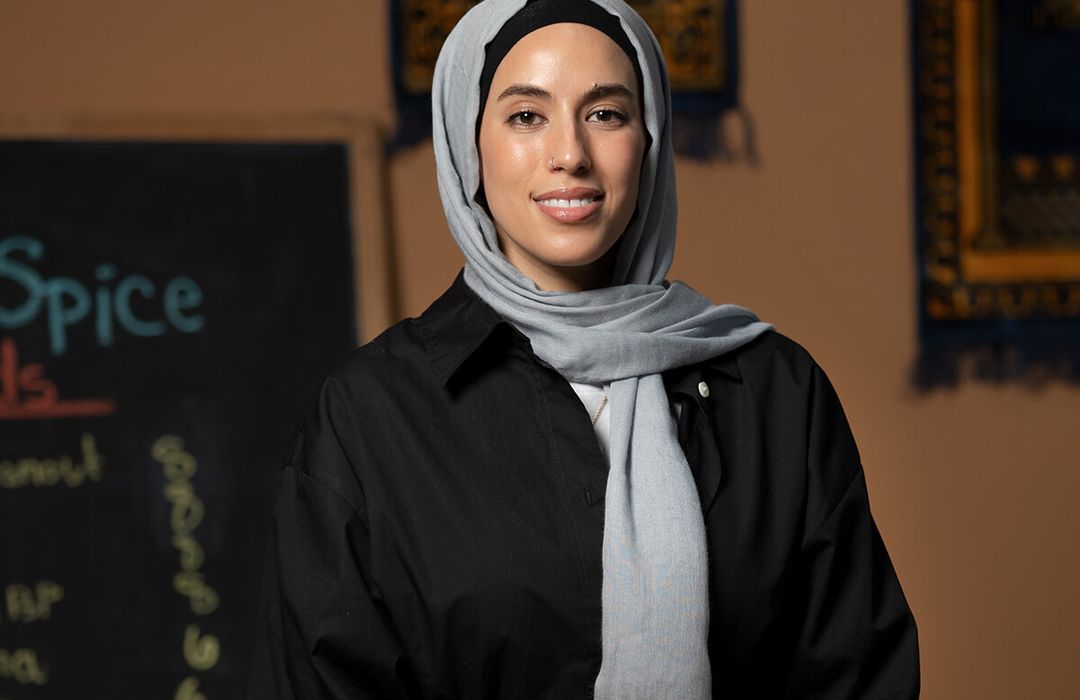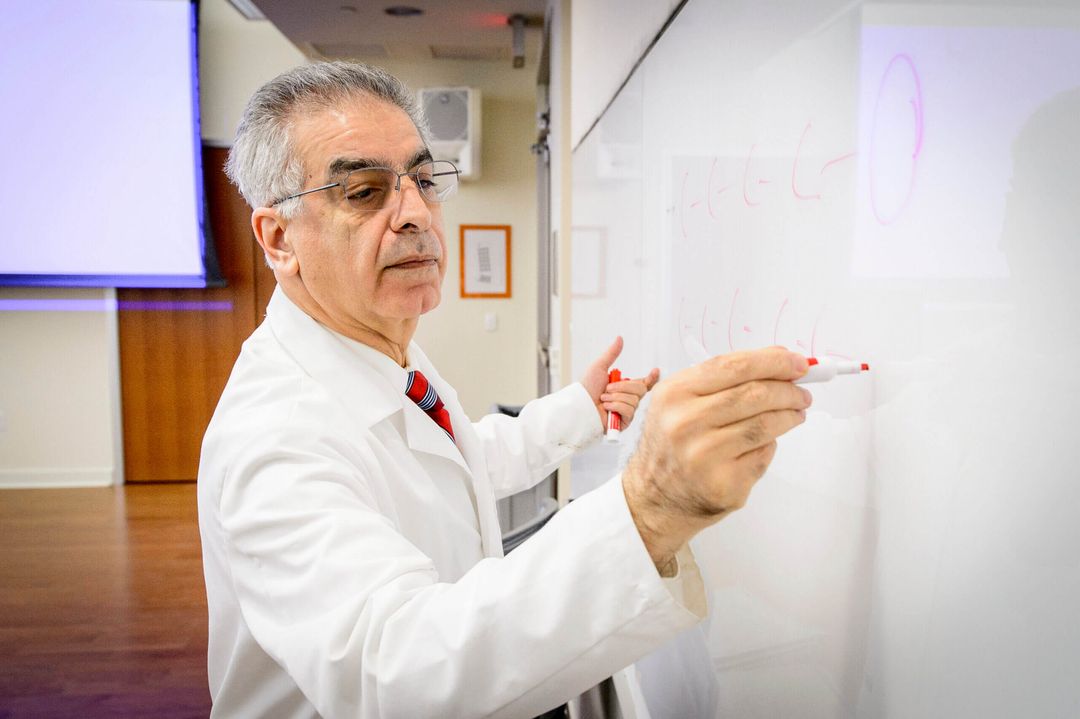Clarinet professor Alicia Lee is, arguably, a child of destiny. “My parents taught at Michigan State in the music department,” she says. Her mother and father both played piano, and all of the Lee siblings learned an instrument. But Dad had something special in mind for Alicia. “There are these Brahms sonatas, and trios for piano, clarinet, and cello, pieces that he always wanted to play with someone in the family. So it was me. I was the chosen one, I guess.”
After studying at Columbia and USC, she had a fellowship at Carnegie Hall before she was recruited to join the faculty at the UW’s Mead-Witter School of Music. Now she teaches clarinet, from beginner level to advanced, but she remains in touch with the world of professional music, with a strong interest in modern composers. Recent cultural phenomena — especially the popularity of the Apple TV+ series Pachinko — have connected her with both her family and her professional history.
What attracted you to Pachinko?
The book is amazing, and it’s by Min Jin Lee, a Korean author. The book came to me a couple years ago, and it’s about the Japanese occupation in Korea, so I was immediately very taken by the story. And the music for this series is also excellent. It’s written by a former classmate of mine from Columbia, Nico Muhly. I knew all the musicians who played on the Pachinko soundtrack. They’re all friends of mine from New York. So that was really fun, to hear them as I was watching this really beautiful series, based on this really amazing book that I love.
Has Korea’s history always been of interest to you?
Reading [Pachinko] has brought it to the forefront. My parents are Korean immigrants, but they’ve lived in the States for a long time. And my family and my brothers and sisters, we are all pretty much totally American. I mean, we were all born here, and we grew up in Korean culture, but at the same time, just completely also within American culture. We grew up in Michigan in the ’80s. I think it’s been very interesting to start making connections about things that I’ve observed in my parents, and also extended family whenever I go to Korea, and understanding why things are a certain way, and it’s based on history — on a lot of what the country has had to go through. Korea has really struggled for a long time [from] being colonized. And now, it’s an economic force in every way, and also culturally exploding.
Has it inspired you to look at music in new ways?
One avenue that I’ve been exploring more is Korean composers. I’m trying to discover more music that I want to play in that area, and I recently recorded a couple of pieces by two prominent Korean composers, Isang Yun and Unsuk Chin. Isang Yun is no longer living, but he was quite prolific in the mid-20th century. He lived most of his life in Europe, and a lot of his music draws on traditional Korean instruments, but through the lens of Western language. And then Unsuk Chin, she’s a living composer, and I would say her music does not really draw any inspiration from Korean traditional music, as far as I know.
Read more about Lee’s teaching in an interview on Badger Insider magazine.
